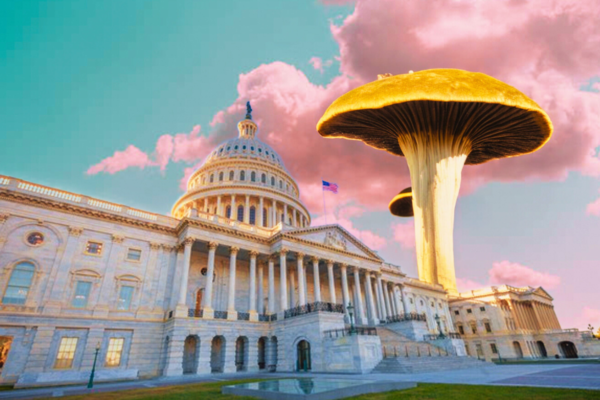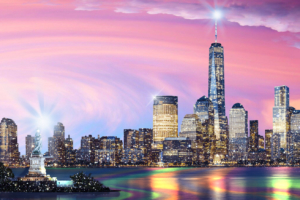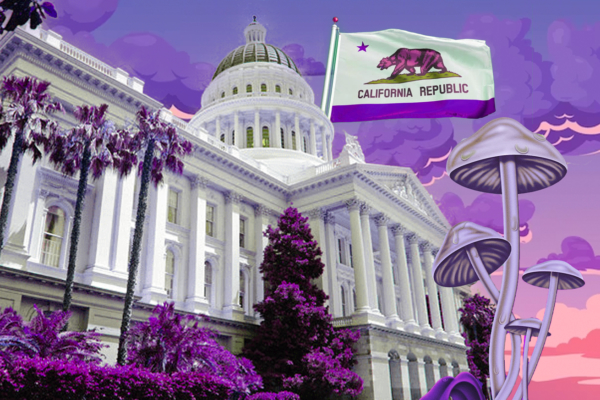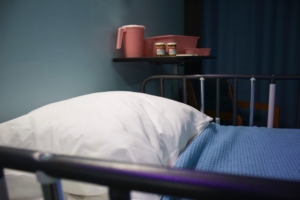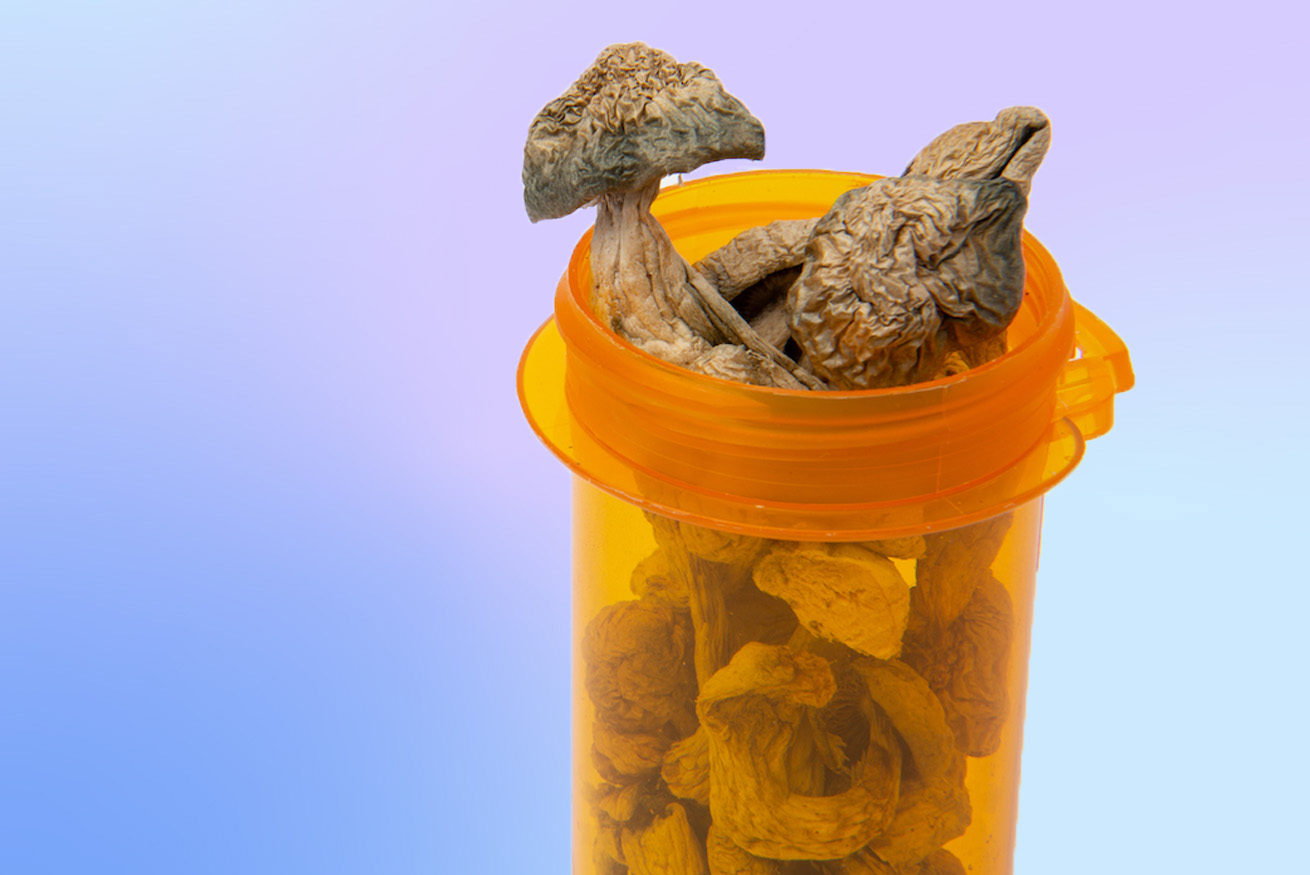
This November, psychonauts in Detroit can have their say on whether their city should decriminalize psychedelic plants.
Currently, psychedelics are classified as Schedule 1 drugs in the United States, which are defined as: “drugs with no currently accepted medical use and a high potential for abuse.” In this classification, LSD, MDMA, peyote, and cannabis sit alongside heroin.
But the local ballot, being held on November 2, will ask Detroit voters: “Shall the voters of the City of Detroit adopt an ordinance to the 2019 Detroit City Code that would decriminalize to the fullest extent permitted under Michigan law the personal possession and therapeutic use of entheogenic plants by adults, and make the personal possession and therapeutic use of entheogenic plants by adults the city’s lowest law-enforcement priority?”
It is unclear who is behind the initiative, but if voters approve it, this would make Detroit yet another city in Michigan to decriminalize the personal use of plant-derived psychedelics. In September 2020, Ann Arbor approved the decriminalization of psychedelic substances including ayahuasca, ibogaine, mescaline, peyote, and psilocybin. The city also passed a resolution that declared September to be Entheogenic Plant and Fungi Awareness Month.
Grand Rapids is also working towards decriminalization. It is expected that a resolution that would make growing, gifting, possessing, and using plant-based psychedelics the lowest law enforcement priority will be introduced sometime this fall.
This also comes after two Democratic Senators, Jeff Irwin and Adam Hollier, introduced a bill into the Senate on September 2 that would allow the possession, cultivation, and delivery of various entheogenic plants, specifically dimethyltryptamine (DMT), ibogaine, mescaline, psilocybin, and psilocin. Under the bill, SB 613, the commercial production and sale of these plants and fungi is not allowed, excluding the exchange of money for counseling, spiritual guidance, or a related service. The bill has since been sent to the Judiciary and Public Safety Committee.
“These substances have medicinal value, religious significance, and have a low propensity for abuse,” Senator Irwin said in a notice of his recent legislative work posted on his website. “We shouldn’t focus any law enforcement resources on people using these substances responsibly.” In an interview with Advance, Senator Irwin added: “I’m really proud to be starting up this conversation at the state level of why is it that we’re continuing to engage this fail in government policy of prohibition? Why are we continuing to persecute the War on Drugs in ways that don’t help us and lead to mass incarceration?”
Decriminalize Nature Michigan, an organization whose mission is to improve human health and wellbeing by decriminalizing and expanding access to entheogenic plants and fungi, earlier this year launched a statewide campaign to decriminalize psychedelic substances in Michigan. The group is backing SB 613, noting: “Since the passage of the Ann Arbor resolution in September of 2020, the movement has been growing statewide. Other Decriminalize Nature groups have since sprung up in cities around the state, including Grand Rapids, Detroit, Hazel Park, and Mid-Michigan.”
